 Within the Preterist movement there are those who say that the death that God threatened Adam and Eve with on the day that they would partake of the forbidden fruit in the Garden of Eden, was not physical death, but was ONLY spiritual death.
Within the Preterist movement there are those who say that the death that God threatened Adam and Eve with on the day that they would partake of the forbidden fruit in the Garden of Eden, was not physical death, but was ONLY spiritual death.
They make this claim based on the fact that the punishment was worded as follows:
“And the Lord God commanded the man, saying, ‘From any tree of the garden you may eat freely; but from the tree of the knowledge of good and evil, you shall not eat, for in the day that you eat from it you shall surely die.” ( Gen 2:16-17)
Their argument runs thusly:
Adam was threatened with death ‘IN THE DAY’ that you eat from the forbidden tree. Both Adam and Eve disobeyed that command but both did not die immediately, or on the same day. Therefore, it could not have been physical death with which God threatened them.
Instead God was threatening them with spiritual death.
While I believe this is easily refuted, unfortunately those propagating this view have managed to confuse some of the saints of God. As a consequence, we need to spend some time dealing with these arguments so as to provide some much needed comfort and correction for those who believe what I believe is a gross error.
Let’s begin with the obvious and then work towards some deeper theologically understanding …
The threat of death is first seen in Genesis 2 where we quoted above.
“And the Lord God commanded the man, saying, ‘From any tree of the garden you may eat freely; but from the tree of the knowledge of good and evil, you shall not eat, for in the day that you eat from it you shall surely die.” ( Gen 2:16-17)
AFTER Adam and Eve had disobeyed the clear command of God, the punishment threat was repeated with much further elaboration than was initially included in that 2nd chapter.
I am going to quote at length from Genesis 3 picking up where the Most High systematically went to each of all three beings involved in this consequential sin.
First, He starts with the Devil:
“And the Lord God said to the serpent, BECAUSE ( my emphasis) you have done this, Cursed are you more than all cattle, and more than every beast of the field; On your belly shall you go, and dust shall you eat all the days of your life; and I will put enmity between you and the woman, and between your seed and her seed; He shall bruise you on the head, and you shall bruise him on the feet.” (Gen 3:14-15)
Let’s point out something that should be obvious. Note the emphasis I placed on the word,
“BECAUSE”. When you read this, think CAUSE and EFFECT.
Because you did this, said the Lord to the devil, therefore this will be the effect, or this will follow as a consequence.
Notice also that the cattle, which were made on the fifth day along with the rest of the beasts of the earth, were CURSED AS A RESULT OF THE SIN OF ADAM. We do not know exactly what form that curse took but it is undeniable that a curse fell upon all the animals
AS A RESULT of that sin.
Also, as a CAUSE, this same sin of Adam and Eve, brought forth the VERY FIRST PROPHECY of the Gospel. This is the protoevangelium, the gospel in its earliest form.
This SEED of the WOMAN clearly foretold a MAN who would come to undo the work of the devil (CRUSH his head) and in the process of so doing, would have his heel bruised by this same serpent. That of course is what happened at the Cross but that is not the focal point of this particular work. Rather it is to show the connection between the sin of Adam and the curse entering into the world.
Moving on to the woman, Eve; we see the same sort of CAUSE and EFFECT. While the word, ‘Because’ is not explicitly used, it is easy to see that God told Eve because of her sin, she would now suffer pain during childbirth and would be in a position of subjection to the man.
“To the woman He said, I will greatly multiply your pain in childbirth. In pain you shall bring forth children; Yet your desire shall be for your husband, and he shall rule over you.” (Gen 3:16)
Lastly, but certainly not least:
“Then to Adam He said, BECAUSE you have listened to the voice of your wife, and have eaten from the tree about which I commanded you saying, ‘You shall not eat from it’; Cursed is the ground BECAUSE of you; in toil you shall eat of it all the days of your life. Both thorns and thistles it shall grow for you; and you shall eat the plants of the field; by the sweat of your face you shall eat bread, Till you return to the ground, BECAUSE from it you were taken, for you are dust and to dust you shall return.” ( Gen 3:17-19)
It is interesting to note here that now we see the GROUND CURSED on account of Adam. The animals are listed in the curse when God rebukes the devil. Here we see the soil itself will now become cursed. I should also note that returning to the now-cursed ground (dying physically), shows that the curse descended upon Adam as well. This is in all in connection with the “because you have listened to the voice of your wife”.
I marvel at the fact that there are actually some out there among the professing saints of God who unashamedly will declare to us less enlightened ones, that physical death was a normal part of being human PRIOR to the fall of Adam. They claim that Adam was destined to die regardless of his sin merely because he was human and was not immortal and that physical death was not part of the curse, only spiritual death.
The problem that those teaching this shall encounter is that it clearly denies the teaching of the inspired Apostle Paul who tells in his letter to Romans that:
“…therefore, just as through one man sin entered into the world, and death through sin, and so death spread to all men, because all sinned…” (Romans 5:12)
Paul, who acquired his understanding directly from the risen Christ, tells us in no uncertain terms that death was not in this world until sin entered, physical, spiritual or any other kind of death.
Death came in as a CONSEQUENCE of SIN. Think CAUSE and EFFECT –
CAUSE – the sin of Adam
EFFECT – both PHYSICAL AND SPIRITUAL DEATH (Separation from the gracious presence of God)
As a matter of biblical truth, God, after He created all things in six days, man being made on the sixth, rested and declared all that He had made VERY GOOD (Gen 2:31). Tell me, if Adam was destined to die physically anyway, because he was human, why would God declare His creation GOOD, if it included death in it?
We are told clearly by Paul, that death is an enemy:
“The last enemy that will be abolished is death” (1 Cor 15:26)
So what we have now is the bizarre notion that God declared death as VERY GOOD seeing that it was necessarily part of the human condition according to these peddlers of novelty. According to them, God declared that death, something that He Himself calls “an enemy”, was not just good but VERY GOOD. Try wrapping your mind around this perverse declaration!
Strange that something He would eventually conquer and abolish in Christ is declared to be a good part of His original creation is it not?
Paul also tells us in the next chapter of that same letter, that sin merits death.
“…for the wages of sin Is death..” (Romans 6:23)
Think through this carefully… what is a wage? A wage is something that is OWED to an individual. It is not a gift. If I make an agreement to provide my services to an employer for $20/hour, at the end of that pay period when he comes to settle accounts with me, he OWES me $20/hour. I do not thank him for the gift of my salary, do I? Certainly not!
I have entered into a sort of contract with him which says that I agree to exchange my particular set of skills/talents for money. My skills help his business thrive and prosper and in exchange for that, he returns me a portion of the profits in the form of money. My employer has contracted a debt that is owed to me. How do you think an employee would react after being informed that his employer has decided not to pay him for his week’s worth of work?
Thus the WAGES of SIN become a matter of JUSTICE. God Himself declared the JUST punishment for sin and that punishment is DEATH.
God did not OWE man this punishment until man sinned. Once he sinned, then the payment of this debt becomes a matter of justice. How do we know this? Because the apostle Paul told us it is a debt! That’s how!
This is important because of what further transpires in the Garden down towards the end of chapter 3 in the Genesis account:
“…then the Lord God said, ‘Behold, the man has become like one of Us, knowing good and evil; and now, lest he stretch our his hand, and take also from the tee of life and eat, and live forever’ – therefore the Lord God sent him out from the Garden of Eden, to cultivate the ground from which he was taken. So He drove the man out; and at the east of the garden of Eden He stationed the cherubim, and the flaming sword which turned every direction, to guard the way to the tree of life.” ( Gen 3:22-24)
Before we look at this verse in more detail, consider the following:
If I were to forcibly withhold food and water from my child, I could be arrested and charged with either manslaughter or a certain degree of murder. While I may not not directly take their life, I withhold the conditions/requirements necessary to sustain that life and therefore would be found by any jury as guilty of a form of murder (death).
Since God expelled Adam and Eve out of the Garden, wherein was located the Tree of Life – the sustenance that they would require in order to continue in a state of life – He effectively sentenced them to physical death in so doing. That was the WAGE of SIN being paid directly by the man and the woman. That was the Divine judgment being meted out.
There is simply no other REASONABLE manner of understanding this.
Being banished from the Garden was a consequence of this sin, of this there can be no dispute. How then could anyone with an honest mind tell us that physical death is the natural condition of being human? It might be “natural” now since the fall, but it certainly was not “natural” prior to their banishment from the Garden and their exclusion from the Tree of Life.
What was natural for the man back then during his innocence, was to abide in a state of obedience to the commands of God and have continued access to the Tree of Life. Death did not exist and could not have existed prior to his sin or else we are left with the logical conclusion that DEATH ENTERED PRIOR TO SIN which is a complete and utter contradiction of the doctrine laid down by the apostle Paul.
Both Adam and Eve immediately fell into a different state of relation towards God after their sin – now they were sinners and separated from the life of God (Eph 4:18) – that is spiritual death in the sense that the apostle Paul uses the word in Eph 2 ( …and you were dead in your transgressions and sins… verse 1) However, God then furthermore DROVE OUT both of them from the Garden depriving them from access to the tree of life. At that point, they became mortal and were destined to die. Prior to that both were in a condition perhaps best described as, “conditional immortality”. As long as they abode in the favor of God, both had access to the tree of life and would continue to live.
To make clear – the idea that Adam was destined to die physically not because of sin but rather because he was human is repugnant to the teaching of Scripture, not to mention the two thousand years of church history where this novel idea is nowhere to be found.
Elaborating further upon this punishment for Adam’s sin.
Let’s go back and examine that passage in the 5th chapter of Romans in more detail wherein the apostle Paul tells us where death came from ( and he is not speaking of merely spiritual death as the context clearly indicates)
“Therefore, just as through one man sin entered into the world, AND DEATH THROUGH SIN, and so death spread to all men, because all sinned…” (Romans 5:12)
Some may of course take it upon themselves to redefine the meaning of the word “death” in this passage and strip it of any physical meaning but that does violence to the entirety of Paul’s following arguments where he is arguing about the reason even infants die.
“…Nevertheless, death reigned from Adam until Moses, even over those who had not sinned in the likeness of the offense of Adam…” (Romans 5:14).
The only ones “who had not sinned in the likeness of the offense of Adam” are infants. Paul is explaining the doctrine of original sin here, a bedrock foundation of the Church; namely that Adam was acting not only as an individual but as a Federal Head. Whatever he did would be imputed to his seed. His disobedience was thus imputed /accounted /credited /charged to all men meaning all human beings are born guilty of the sin of Adam, before they ever do anything wrong themselves.
Why else would infants die seeing that the wages of sin is death. What sin could any infant commit that would bring down this punishment upon their head? Answer – there is no actual sin of their own but rather the guilt of Adam’s sin.
“…so then as through one transgression there resulted condemnation to all men… for as through the one man’s disobedience the many were made sinners…” ( Romans 5:18-19)
By the way, this is the reason that our Lord Jesus had to be fathered by the power of Holy Spirit and could not have been born of a man. Had he been born of a man, the sin of Adam would have been charged to him as well since the guilt of the offense of Adam is transmitted by the man as well as the defilement of our nature( the old man, the flesh).
The force of Paul’s argument is gutted if these peddlers of falsehood get away with their redefining of the clear meaning of words.
Question to Paul:
Why is death in the world and where did it come from?
Answer – from the sin of one man, Adam. He sinned and death entered on account of his sin.
Question to Paul:
“Okay, if death is the result of sin, why is it that infants die? What sins could they possibly be guilty of. They have no knowledge of good or evil?”
Answer – they are guilty of the sin of Adam.
Question to Paul: “But that does not seem fair?”
Answer – if it is not “fair” as you say, then the method of God employed in the salvation of sinners is not fair either. God, in His wisdom, chose to have one man act on the behalf of many (Federal Headship). What better representative could the human race have had? Adam was fresh from the hand of God, had his own innate righteousness, knew neither good or evil and had no fallen nature from which temptation arises.
If you still think this is unfair, consider, would have said Paul, that if Adam could not have represented a group of people, then neither could have Christ Jesus represented a group of people. If you did not have Him representing you, then you would have had no hope whatsoever, because you were without strength/helpless (verse 6) and were his active enemies (verses 10).
The focus in on this doctrine a bit more closely – the death Paul is speaking of in these verses is PHYSICAL DEATH, because that only and not spiritual death, is something that any human being can observe with his or her own eyes. Paul is explaining something that is OBVIOUS to all men, namely, that infants die, and he is providing an explanation for why this tragic fact exists.
To wrest these passages by twisting the meaning of death here to be only spiritual death, is to make Paul’s arguments seem like those of an imbecile.
Tell me, which human beings have the power to look at “those who did not sin in the likeness of the offense of Adam” and know as something evident/obvious to all casual observers of human existence that they are spiritually dead? Answer – no one! The only reason any of us even know this truth about spiritual death is because we have been informed of it by the gospel. It is not something that can be seen by the human eye. In this sense we can say, “Flesh and blood has not revealed this to us but our Father in heaven has”, through His Word! This is the reason we run to Christ to close with Him so that we may have life and that more abundantly.
Passing to the deception that the only death threatened to Adam in the Garden was a spiritual death, consider the following:
Imagine God attempting to explain the sense of guilt and fear and the sense of shame and defilement that arise on account of sin prior to Adam and Eve sinning. After all, those are the consequences of “spiritual death”. How would that be communicated?
One can readily understand the concept of the cessation of physical life being communicated to them by the Lord as the threatened punishment for disobedience. Why even a dog can grasp that!
Any casual observer of dogs or any other mammal or bird or sentient life knows that all have an innate instinct for self-preservation. That had to be created in man, as well as in all life, seeing that without it mammals, etc, would be plunging themselves to ruin by exposing themselves to harm and pain, etc. That is something easily understood of all sentient life. However, when we deal with guilt and shame, those are unknown to other animals or birds or whatever. A dog knows when it has done wrong because it has been conditioned by its master that certain actions bring pain or displeasure of the owner but can anyone say that a dog that has done wrong has a sense of shame and defilement? I think not. It does understand cause and effect – this action brings this punishment or infliction of pain and thus a fear arises in the animal, but that is the not same thing as the guilt that the conscience produces.
I am waxing philosophical here but I have a reason….
What I am hitting at is that the punishment due to sin, which we all agree does include spiritual death, was, in addition to physical death, an awakened conscience and the necessary connection between that and guilt/fear and the sense of shame and defilement that arose on account of sin. Those must be felt to be understood and were not something that was originally in man fresh from the hand of his Creator any more than they are in the lesser mammals. That instinct to preserve their own life however must have been there otherwise the threat of God would seem like foolishness to Adam when God first warned he and Eve about the forbidden fruit.
They would therefore understand the death threat to be a cessation of their own physical life but would have no inkling whatsoever what “spiritual death”, would have meant.
That is the reason I prefer to define what is meant by the use of the term “spiritual death”. Some of these men peddling this falsehood toss the term about but one has to wonder if they have the faintest notion of the nature of spiritual death.
“But your iniquities have made a separation between you and your God, and your sins have hidden His face from you so that He does not hear” (Isaiah 59:2)
Yes, it is separation from God but it is more than that. What does it mean? It consists of those things I mentioned above plus some.
Specifically, the separation from the GRACIOUS presence of God. Those in hell are technically not separated from God. They are tormented in the presence of the Lamb and of God.
“…and he will be tormented with fire and brimstone in the presence of the holy angels and in the presence of the Lamb…” (Rev 14:10)
That presence that the wicked experience is the PRESENCE OF HIS WRATH AND JUSTICE being meted out to them as punishment for breaking His laws.
Also, in that same Presence, is the fully awakened conscience with its never-ending recriminations against the man and the continuous accusations it will bring against him forever.
This is “the worm that dies not.”
Then there is the sense of nakedness, of being open to the eyes of Him from which no one can hide and the sense of inward defilement and corruption. Isaiah experienced this sense of defilement when he recounts the magnificent vision he experienced in the 6th chapter of the book that bears his name.
His reaction after encountering an All-seeing, perfectly Pure and Holy Being?
“Woe is me for I am undone. I am a man of unclean lips and I dwell in the midst of an unclean people!” (Isaiah 6:5)
Again, how would God have communicated this sense of inner defilement to Adam in his innocence and original righteousness, whose nature was not in the least bit defiled prior to his sin, if the only death threatened to Adam was spiritual death as these deceivers assert?
In one sense all men experience this during conversion/regeneration although to a lesser degree. The awakened sinner senses his or her own defilement and utter nakedness before the eyes of a holy God and realizes they have need of being washed, cleansed, purified. He or she also has their eyes opened to see their precarious position, exposed to the wrath of God on account of their sins. This godly repentance is salutary for the child of God because it makes him or her reach out for the precious remedy provided in the Gospel.
But, the wicked, who die in an unconverted state, will experience these same things in a much fuller and terrible sense EXCEPT THERE WILL BE NO REMEDY.
The words of Newton are good here: “Twas grace that taught my heart to FEAR, and grace my fears relieved”.
What is fear but the reaction of the conscience to the sense of guilt brought about in the sinner through the preaching of the gospel which brings the man face to face with God’s righteousness and stern, inflexible justice?
Consider the radical change in the behavior of Adam towards God AFTER he sinned. He went and hid himself from the presence of God. When confronted by God,
“…I was afraid because I was naked; so I hid myself.” (Gen 3:10)
FEAR is now felt and experienced for the first time by the man. Prior to that, Adam walked in sweet fellowship with his Creator. Now, suddenly he is afraid of that same presence with the sense of his own nakedness filling him with shame.
Spiritual death then puts a man in a state in which when one realized, consists of the sense of guilt with its consequent fear, and defilement with its consequent sense of shame that all men are liable to as a result of the sin of Adam. It is also having the mind or understanding darkened and made hostile to God, of being made blinded and unable to see the light of the glory of Christ, of being deaf and unable to hear His voice speaking through nature, and in the Word without the aid of the Holy Spirit, of being utterly bankrupted before God as to having any strength, any ability, any hope of saving one’s self from this predicament were it not for grace.
How would God have explained this to Adam and Eve who came forth bearing in themselves a perfect righteousness only to have squandered it all away? Personally, I do not think God even attempted to explain this aspect of death which in my mind reinforces the idea that they both understood the threatened death as being physical in nature.
We can also see from Scripture that Adam and Eve knew EXACTLY what guilt, fear, shame and defilement were AFTER THEY SINNED. That was PART OF THE PUNISHMENT for sin!
Another thing – It seems that those who hold this idea that the death promised to Adam in the Garden as being only spiritual death and not physical death, are hung up on the phrase, “in that day”. They argue that because Adam did not die physically on the very same day in which he sinned, that therefore God could not have been threatening his new creature with physical death but ONLY WITH spiritual death.
We have already dismissed this notion, but lest it be said that we did not address the “in the day” part of the text, allow us a bit of liberty to deal with that.
Consider the fact that after both Adam and Eve sinned, we read the following:
“And the Lord made garments of skin for Adam and his wife, and clothed them.” (Gen 3: 21)
Further to this point, let us consider the second son of Adam, Abel by name. We know what happened to him – he was murdered by his wicked brother Cain. Yet we read something about Abel in Hebrews 11.
“By faith Abel offered to God a more excellent sacrifice than Cain, through which he obtained the testimony that he was righteous, God testifying about his gifts, and through faith, though he is dead, he still speaks.” (Heb 11:4)
Paul makes it clear in this passage that Abel offered his sacrifice in faith, whereas we know from Scripture that the “faith” in which Cain offered his offering of fruits of the ground, was not the same as the faith of his brother. The question is, how did Abel know to offer a blood sacrifice? From where did he gain this knowledge?
The answer comes from Paul indirectly:
“Now faith cometh by hearing and hearing by the word concerning Christ.” (Romans 10: 17).
In other words, one MUST HEAR the gospel, the word concerning Christ, in order to obtain saving faith. And where did Abel hear this word concerning Christ and from whom did he hear it? It is obvious that it was from his parents, Adam and Eve. Remember, both of them were present at the first proclamation of the gospel in the form of the protoevangelium.
Where did Adam and Even get this knowledge? From God of course as there was no one else that they could have gotten it from since those two were the parents of the entire human race! Thus, Adam and Eve preached the gospel of the Seed of the woman to their son Abel.
That gospel taught to Abel by Adam contained the principle that would come down all the way through the law of Moses and into the days of the New covenant, namely,
“without the shedding of blood, there is no remission of sin” (Hebrews 9: 22)
Since God is the Lawgiver, only He has the right to define the penalty to breaches of His laws or commandments. That penalty is very clearly stated in Scripture in both Testaments and it is death. The justice of God requires the death of the transgressor as satisfaction for His violated laws.
Blood must be shed because the life of the sinner is forfeit to the exacting Justice of God. Why the blood? The answer comes from Leviticus:
“…for the life of the flesh is in the blood, and I have given it to you on the altar to make atonement for your souls; for it is the blood by reason of the life that makes atonement.” (Lev 17:11)
The blood represented the life of the one slain. When it was shed, one life was substituted for another.
Abel understood this and thus offered an animal as a substitute to take his place and bear the penalty for his sins. Only in that manner could his person be accepted by God, since He, being perfectly Just, cannot pardon a sinner and accept his person unless His justice is also satisfied.
But that raises the question, “where did the idea of a substitutionary sacrifice originate?”. Why, in the death of the animals whose skins that God Himself provided to cover the nakedness of both Adam and Eve!
“And the Lord God made garments of skin for Adam and his wife, and clothed them.” (Gen 3:21)
There in the Garden, at the very beginning of the fallen condition of the man and his wife, the Lord God introduced the merciful principle of a SUBSTITUTE which would take the place of the one who had sinned and would die in his place. This substitute would die to satisfy the righteous requirement of the Creator’s broken law and in so doing, allow God to show mercy to the one whose place it had taken.
What marvelous grace is on display in the earliest story contained in the Bible!
This is exactly what the apostle Paul tells us of the sacrifice of the One True Substitute, that His death would allow God to be both “just and the justifier of the one who has faith in Christ Jesus.” (Romans 3:26)
Mercy and truth would meet together, and Righteousness and peace would kiss each other! (Psalm 85:10)
What transpired in that Garden, all of it contained within the single verse (Gen 3:21), is that the animals whose skins provided a covering for Adam and Eve were SLAIN TO TAKE THE PLACE OF THEM BOTH! The death sentence which was to fall, “in that day”, was executed on those animals, “in that day”. It was their blood, and not the man and woman’s, which was spilt in order to satisfy the justice of God. That sacrifice allowed Adam and Eve to go on living even though the damage had been done, their natures corrupted and their access to the tree of life cut off.
Incidentally, we would be remiss if we did not state the obvious –if the death sentence threatened by God to Adam was not one of a physical death, then why was the blood of those animals shed? Those animals died physically – they did not die spiritually. How could they? Did their consciences suddenly become defiled? Did these animals undergo some sort of defilement to their nature? What kind of foolish thinking is that? No, those animals died physically to teach Adam that the death sentence for his sin was one that was not only spiritual, but physical.
Remember what we just read in the book of Leviticus. The life of the flesh is in the blood. The shed blood of those animals represented their shed lives, in place of the lives of both Adam and Eve. A life for a life!
To sum up this section – God did indeed slay Adam and Eve “in the day” that they sinned in the Garden, in the animals which were dealt the death blow and sacrificed in their stead.
Additionally, there seems to be some sort of notion circulating that God must inflict the punishment for sin the very same day any man or woman sins on the very day they commit sin. I am not sure what that originated to be honest but suffice it to say, if we think back to the subject matter in Romans 5 where the Apostle Paul tells us that death sometimes passes upon infants, what we learn is that regardless of any sins that men may or may not commit, ALL SINNED IN ADAM. God would be within the right of His divine justice to slay us all from birth!
As a matter of fact, Job says as much.
“Surely God will not act wickedly, and the Almighty will not pervert justice. Who gave Him authority over the earth? And who has laid on Him the whole world? If He should determine to do so, if He should gather to Himself His spirit and His breath, all flesh would perish together and man would return to dust.” ( Job 34:12-15)
This is that which the writer of Ecclesiastes states:
“Because the sentence against an evil deed is not executed quickly, therefore the hearts of the sons of men among them are fully given to do evil.” ( Eccl 8:11)
Keep in mind that while God is a God of Justice, He is also longsuffering and merciful. It is that longsuffering of God which delays the punishment that guilty sinners deserve. Yet make no mistake about it; Vengeance is His and HE WILL REPAY. Are the wages of sin still death? Does a single sin call for the death of the sinner? Yes, it does. Yet we see men defying God daily and mocking Him to His face and yet they live. Is God asleep? Does He not see their wickedness? Indeed He does!
Men foolishly believe that the Most High is indifferent to sin but He is not. Every man will face his own day of reckoning and learn, sadly to his own false sense of security and peace, that the wages of sin are indeed death.
Paul warns of men STORING UP wrath for themselves in Romans 2. His Lord warns the stubborn and apostate Jews of His day to “go ahead and fill up the measure of the guilt of the sins of their fathers”. There is indeed an end to the forbearance of a Holy and Just God.
Thus poor sinner, fly to Christ now, while there is still time, while you may still obtain mercy and forgiveness before your time of the longsuffering of God ends. Remember, LONG-suffering is not INFINITE-suffering but long. It does reach an end.
What is so disconcerting is the tragic fact that those who would actually assent to this as being remotely true, completely miss the point of the purpose of death as it involves the child of God.
As Joseph said to his brethren when he revealed himself to them, “Go and tell my father of my splendor in Egypt”. (Gen 45:13)
So does our Lord long to show us His glory!
“Father I desire that they also, whom Thou hast given Me, be with me, where I am, in order that they may behold My glory, which Thou hast given Me…”(John 17:24)
“In My Father’s house are many dwelling places, if it were not so I would have told you; for I go to prepare a place for you. And if I go and prepare a place for you, I will come again and receive you to myself; that where I am, there you may be also.” ( John 14: 2-3)
What a beautiful expression of the love of our Lord Jesus for His precious bride! It is that glory which we are privileged to behold even now but will behold in its fulness when our eyes close in death. May this hope, a living hope, work within us to produce a desire for holiness and warm our hearts with fervent love for our glorious Savior.
But think for a moment, How pray tell is the child of God ever to BE WITH JESUS WHERE HE IS, how is he to BEHOLD HIS GLORY, if he never dies physically? Answer that one? Of course he or she must die but now, because of the work of our Mighty Savior, DEATH HAS LOST ITS STING. Instead of being the great object of fear or all men, the great debt owed for the punishment of sin, it has been transformed for the child of God into the very means whereby we take possession of our heavenly inheritance!
That inheritance, “is imperishable and undefiled and will not fade away and is reserved in heaven” says the apostle Peter. (1Peter 1:4)
Alas, we dwell on the earth, separated from our inheritance, our promised land, by the veil of death. But once death comes, we pass from this life, our Egypt, and enter our heavenly Canaan, where our glorious Savior there waits to show us His glory. There and then we will marvel at that splendor which far surpasses anything our mere mortal minds can grasp in this condition.
This is what the apostle means when he states hurls that bold challenge to the once king of terrors:
“O death, where is your victory? O death, where is your sting?” (1 Cor 15:55).
That is followed by this incredible truth: “The sting of death is sin and the power of sin is the law.” ( 1Cor 15:56)
A side note to really bring home the force of this wonderful truth – I am a beekeeper of over 40 years’ experience. In all that time, I have spent many hours teaching both adults and children about these marvelous and fascinating creatures. One of the things that I do when teaching them is to bring with me some male honeybees or drones. I take these out and ask them if any are willing to hold the drones in their hands.
Their initial reaction is always the same – there are no takers. Why is that? Because they are afraid of getting stung! However, and this is the part that deals directly with the above text of Scripture, once I inform them of the fact that male bees, drones, HAVE NO STINGERS and thus CANNOT HARM THEM, they all change their attitude immediately. Now, they clamor to hold the insect and listen to its buzzing sound and feel it tickle their hands!
See what a profound difference the knowledge of a simple fact can make once it is understood? The once feared insect now becomes the object of delight and fascination.
This is what Paul is telling us. DEATH HAS NO STING! It is now, on account of the glorious work and the might triumph of Christ over sin, over death, over Satan, over the grace, over the world, OVER ALL, HARMLESS to the child of God. We need not fear it any longer because its sting has been removed. To use a theological term, it is NO LONGER PENAL in any form. By that we mean to say is that is it not harmful to the child of God in any manner. Instead it has been transformed into the gateway to eternal glory! Hallelujah!
The foolish statement that comes from the mouth of our adversaries in this matter: “Why do Christians still die physically if the death that Christ died was physical and He died that death in their place?” betrays a complete ignorance of what has happened to the very nature of death in regards to the child of God as a result of the work of Christ on that bloody cross. It is no longer PENAL in any way. Period! How could that which ushers the child of God into the presence of their Lord be considered as penal?
How do you think the early Christians could go to their graves singing, in spite of the horrors about to be inflicted upon them? They looked through the eye of faith and saw the entrance being opened for them into their promised inheritance wherein their glorious Lord was waiting to receive them.
This is the same truth that our Lord Jesus taught His disciples during the days of His flesh.
Dealing with the events surrounding the resurrection of Lazarus from the grave. Jesus is speaking with Martha, one of the two sisters of Lazarus.
“Jesus said to her, ‘I am the resurrection and the life; he who believes in Me shall live even if he dies, and everyone who lives and believes in Me shall never die…’” (John 11:25-26)
There are what appears to be contradictions in this statement but once it is understood in the light of what we have been discussing, any apparent contradictions vanish into the ether.
The first death that Jesus speaks of is without question physical death. His statement here is what Christians of all generations have drawn strength from during times of distress and intense persecution as well as during peaceful passings.
“For to me, to live is Christ, and to die is gain” (Phil 1:21) says the apostle Paul.
Why is this? Because as we have stated, death is now the means by which the child of God enters that heavenly inheritance and leaves the sorrows, sadness and trials of this world behind. They “live” forever with Christ even thou they die physically.
Let’s flip the order of this verse around, respectfully I might add, to help us better understand it.
“He that lives and believes in Me shall never die. He who believes in Me shall live even if he dies”.
Here Jesus tells us that those who believe in Him shall never die. Yet He clearly says that those who believe in Him will live even if they die. How can they die and yet never die???
The carnal minded individual scoffs at this and ridicules it. The child of God, who has been taught of God, understands that there are TWO KINDS of DEATH here mentioned.
What Jesus is saying is that while those who believe in Him will die physically, they will not die separated from the gracious presence of God and spend eternity in hell. The first death mentioned in the actual verse is physical death. The second death mentioned is eternal death in hell.
“Over these the second death has no power.” (Rev 20:6)
“They shall not be hurt by the second death”. (Rev 2:11)
To die physically is to live forever for those who believe in Jesus! That is the same thing as death having its sting removed. It no longer needs to be feared. The “king of terrors” as the Scriptures refer to death, becomes a pipsqueak with much bark but no bite! What unspeakable comfort is contained in these verses for the man or woman of faith!
To sum up – those who would teach that the death that Adam was threatened with in the Garden was only spiritual death understand nothing of which they speak. The consequence of this wretched new doctrine of theirs leads to the inescapable conclusion that the physical death of Christ meant nothing! It was only a “sign”. The precious blood of the Spotless Lamb of God, was shed uselessly other than as some sort of symbol – that is exactly what these disciples of the devil are saying!
Strange then that the apostle Peter would say of it:
“…knowing that you were not redeemed with perishable things like silver or gold from your futile way of life inherited from your forefathers, but with PRECIOUS BLOOD, as of a lamb unblemished and spotless, the BLOOD OF CHRIST.” (1Peter1: 18-19)
I read nothing of this PRECIOUS BLOOD being any sort of “sign” as is being claimed by these who make this claim. Instead I see it referred to by the inspired apostle as the REDEMPTION PRICE paid to discharge the debt owed by the people of God.
Also, look at how the apostle Paul treat the precious blood of Christ:
“But when Christ appeared as a high priest of the good things to come, He entered through the greater and more perfect tabernacle, not made with hands, that is to say, not of this creation; and not through the blood of goats and calves, but through His own blood, He entered the holy place once for all, , having obtained eternal redemption. For if the blood of goats and bulls, and the ashes of a heifer sprinkling those who have been defiled, sanctify for the cleansing of the flesh, how much more will the blood of Christ, who through the eternal Spirit offered Himself without blemish to God, cleanse your consciences from dead works to serve the living God?” ( Hebrews 8:11-14).
“Since therefore, brethren, we have confidence to enter the holy place by the blood of Jesus…” (Heb 10:19)
Notice carefully how Paul uses both phrases, “the blood of Christ” in the 8th chapter but here in chapter 10, he employs the expression, “the blood of Jesus”. Christ is the name of the Messiah while Jesus is the name of the MAN, Jesus of Nazareth.
Lest some might come away with the misguided idea that the blood of Christ which atones for sin is purely spiritual in nature, Paul uses the name of the man, Jesus, to denote that this blood which atones for sin is also the physical blood of a human being.
The blood of a man, a kinsman redeemer, was shed in death, all of it to the point that there was nothing left of it in his broken body upon that cross but water (John 19:34), to pay the debt of His poor relations, who had a debt that they could not pay to the justice of God. It was no mere sign!
“What can wash away my sin?
Nothing but the blood of Jesus.
What can make me whole again?
Nothing but the blood of Jesus.
Oh, precious is the flow,
That makes me white as snow
No other fount I know
Nothing but the blood of Jesus!
In my view, those who espouse this view have misled far too many of the Lord’s precious sheep with their novel theories and twisting of the clear meanings of words. If you are one that has been caught in the snare, make haste and do not delay to reject this teachings and return to the orthodox teaching concerning the death of Adam that has governed the church for two millennia.
“Thus says the Lord, ‘Stand by the ways and see and ask for the ancient paths, where the good way is and walk in it; and you shall find rest for your souls…” (Jer 6:16)
Don’t become like the people in the rest of this verse:
“But they said, ‘We will not walk in it’” (Jer 6:16)
_______________________
As an addendum, you might also consider Ed Stephen’s “Death of Adam Physical, Spiritual, or Both“


![]() . For the sake of brevity let’s shed a few rays of light. Mello (and its derivatives) alone, if neutered of its imminence, can drastically affect your perceptions. Let’s check in with the NASB’s translation of Revelation 3:10 to see an example.
. For the sake of brevity let’s shed a few rays of light. Mello (and its derivatives) alone, if neutered of its imminence, can drastically affect your perceptions. Let’s check in with the NASB’s translation of Revelation 3:10 to see an example.


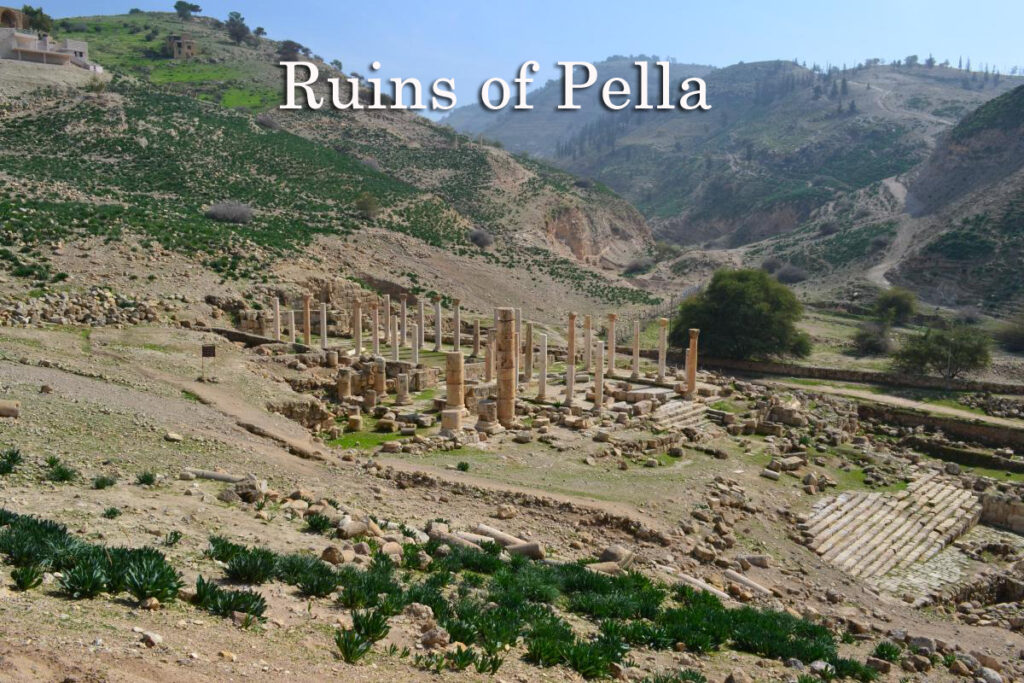
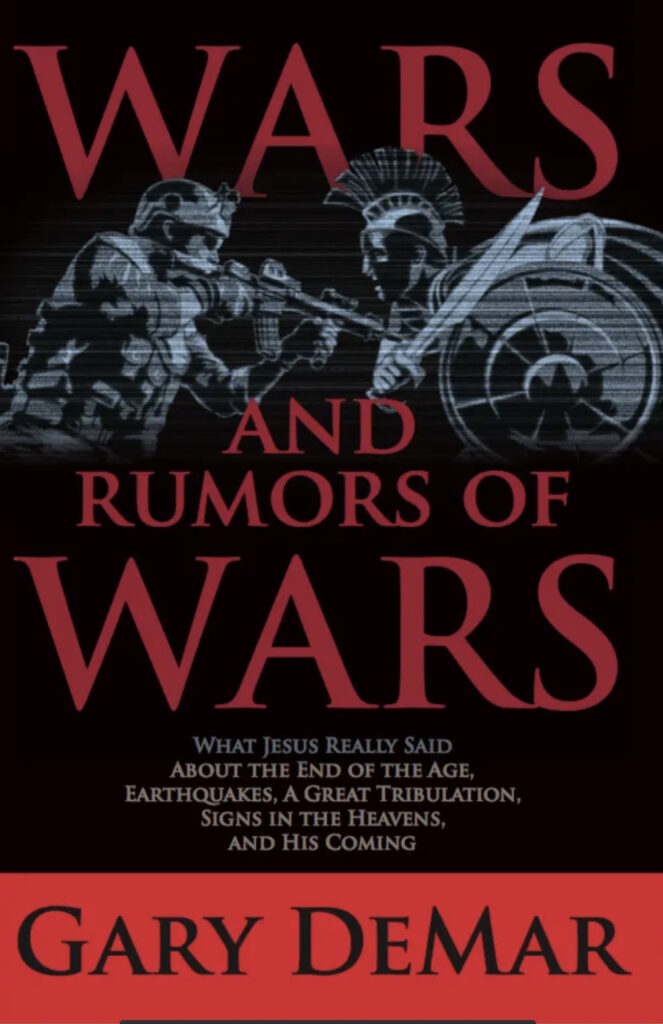




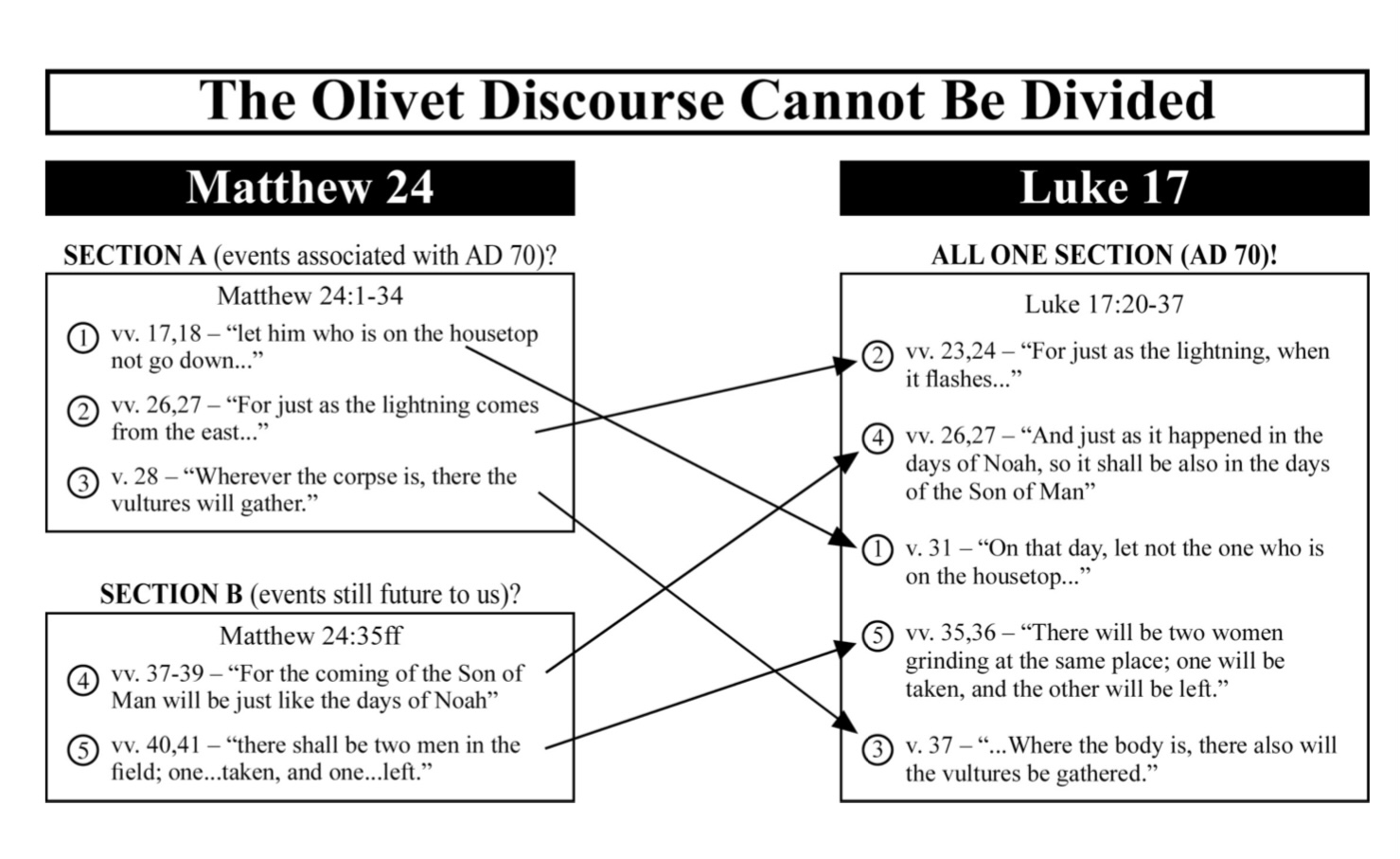
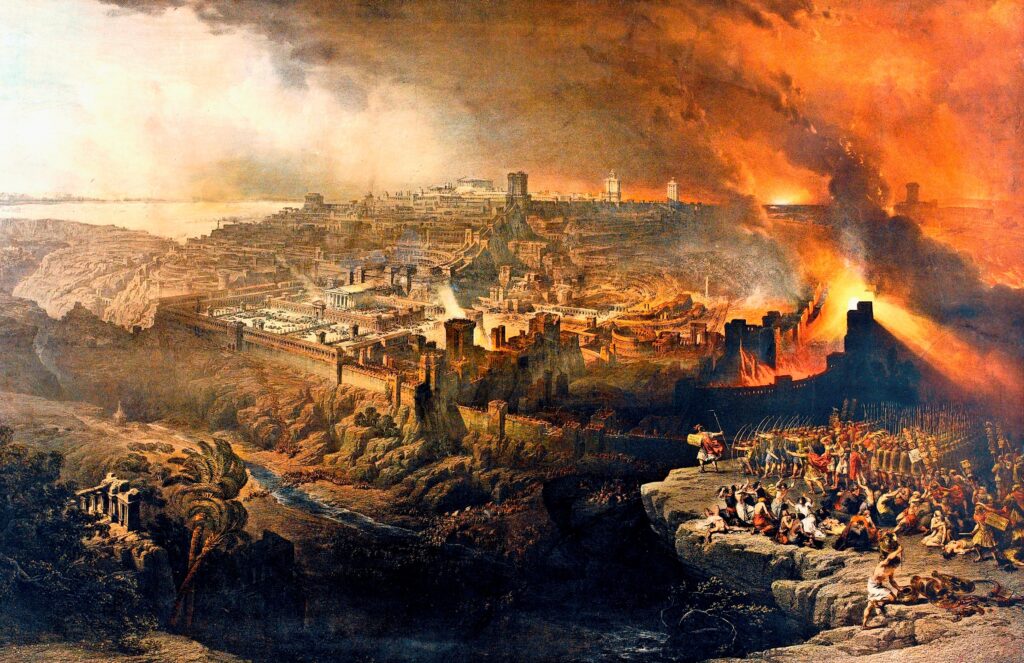


 Within the Preterist movement there are those who say that the death that God threatened Adam and Eve with on the day that they would partake of the forbidden fruit in the Garden of Eden, was not physical death, but was ONLY spiritual death.
Within the Preterist movement there are those who say that the death that God threatened Adam and Eve with on the day that they would partake of the forbidden fruit in the Garden of Eden, was not physical death, but was ONLY spiritual death.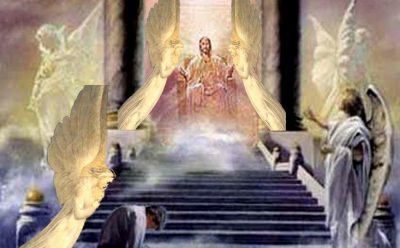


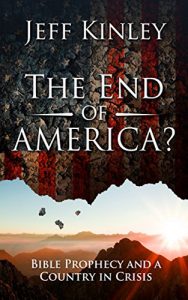


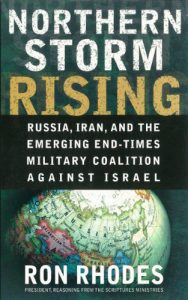
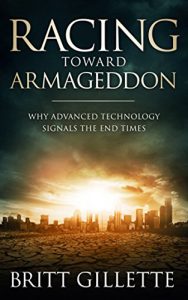


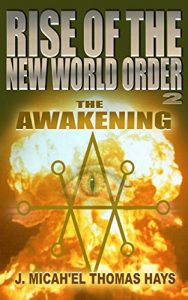
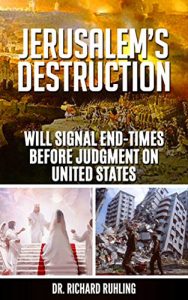

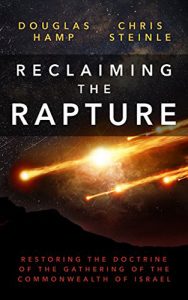

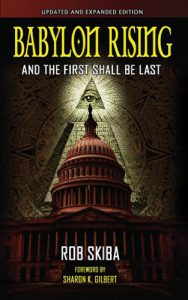


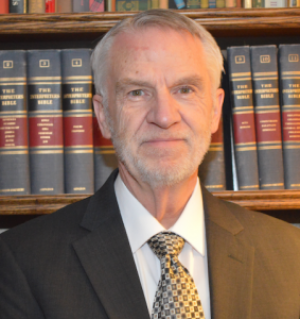







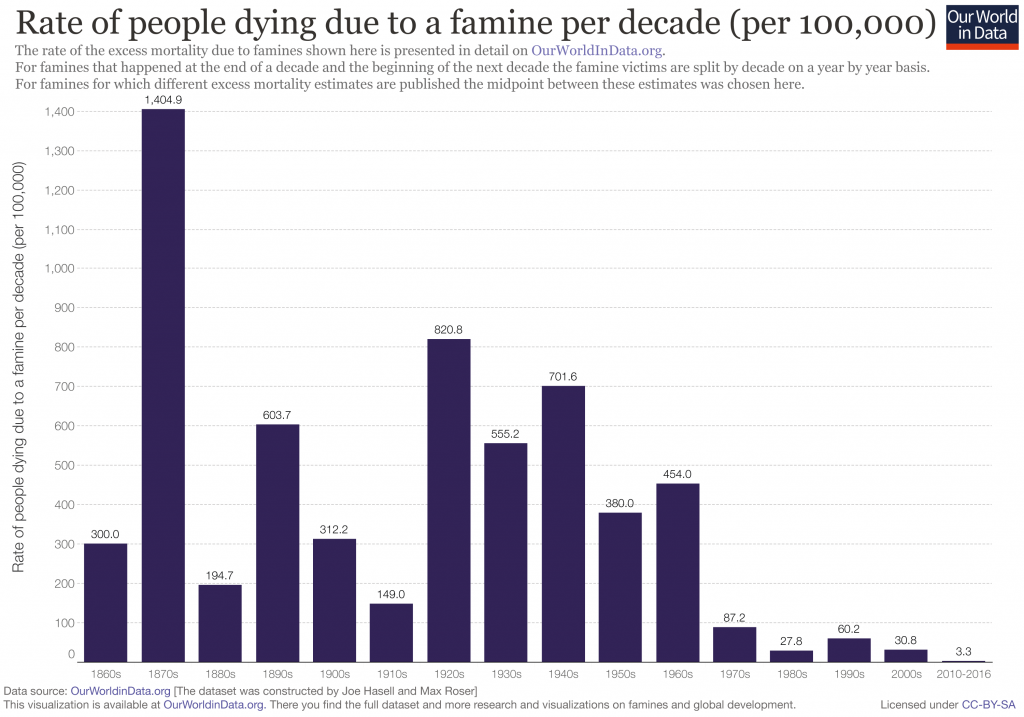
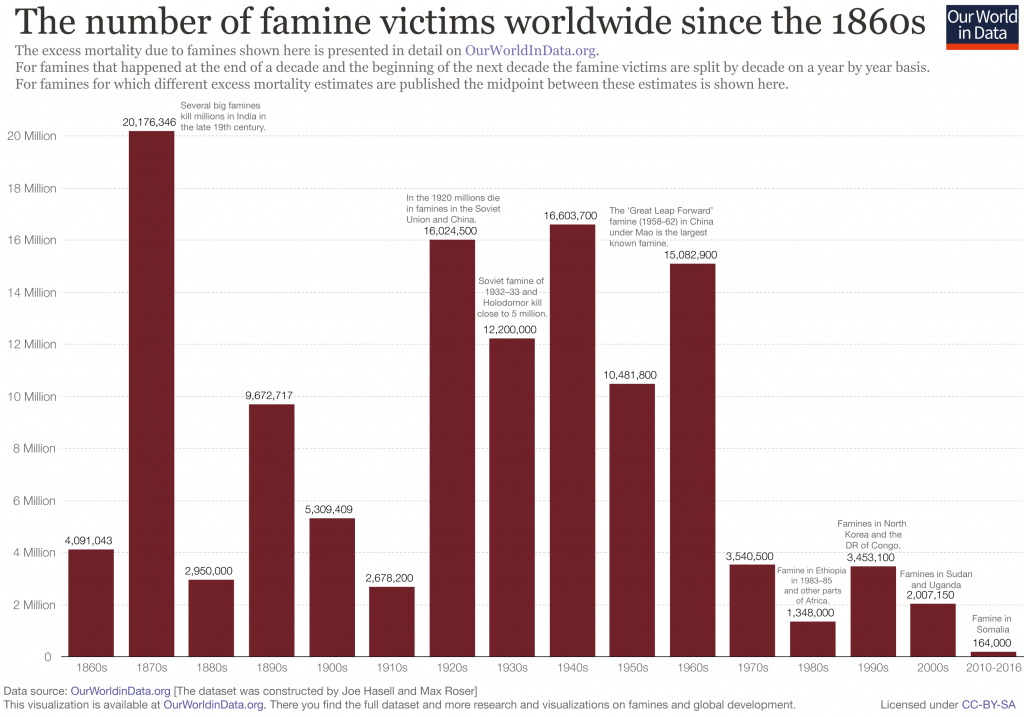
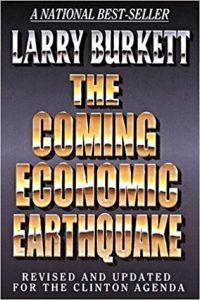

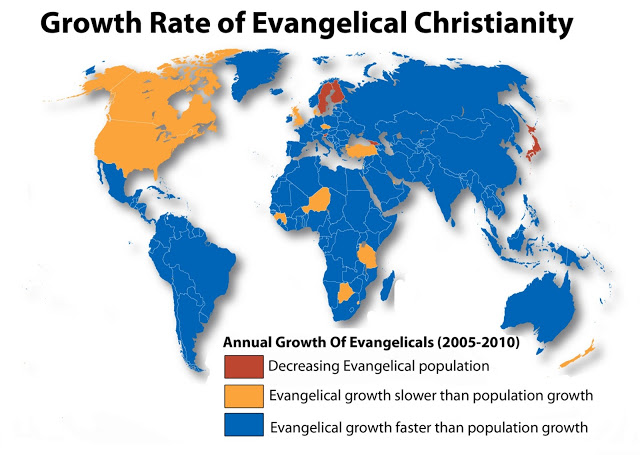

 simple but sage advice that’s worth passing along. “
simple but sage advice that’s worth passing along. “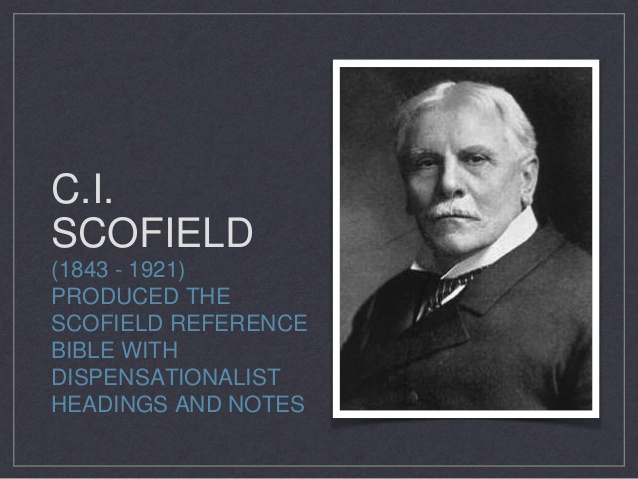 generation will by no means pass away till all these things take place.
generation will by no means pass away till all these things take place.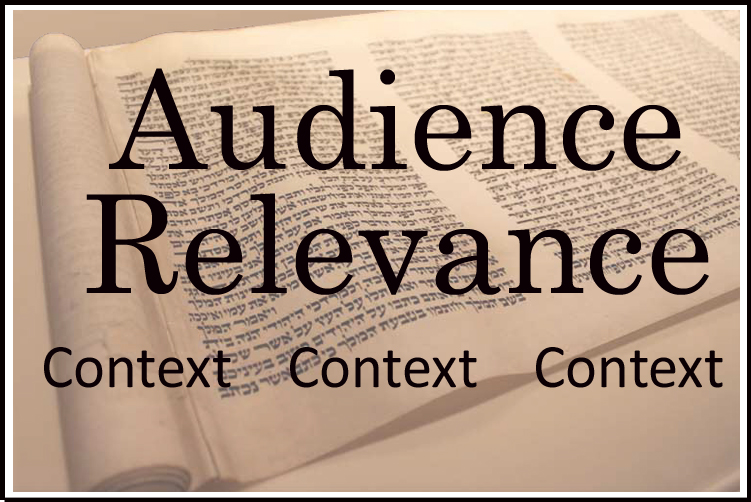

 So he who is without figurative language cast the first stone of
So he who is without figurative language cast the first stone of